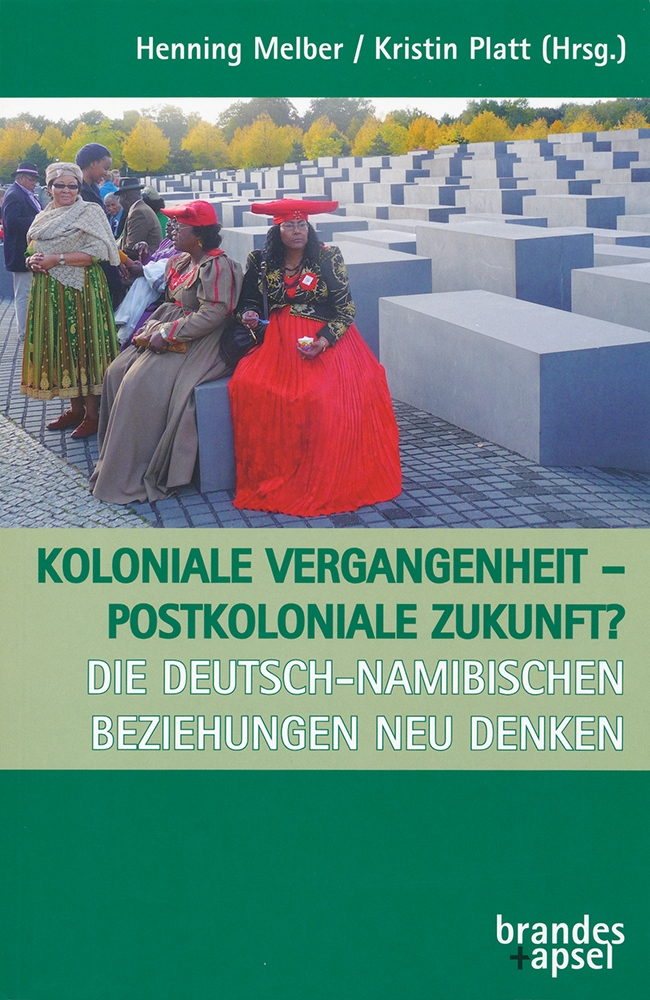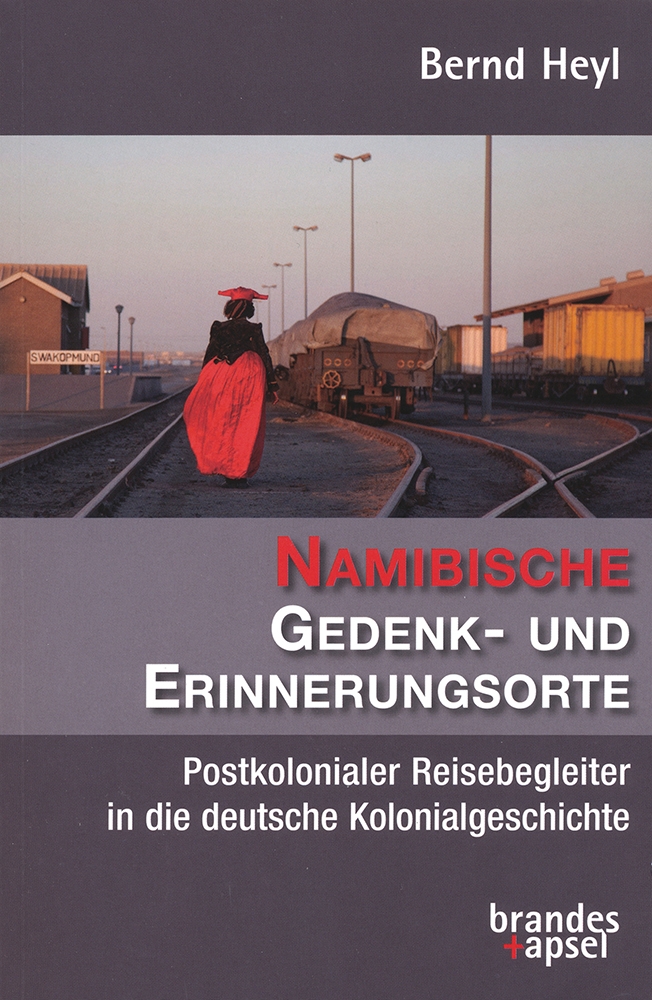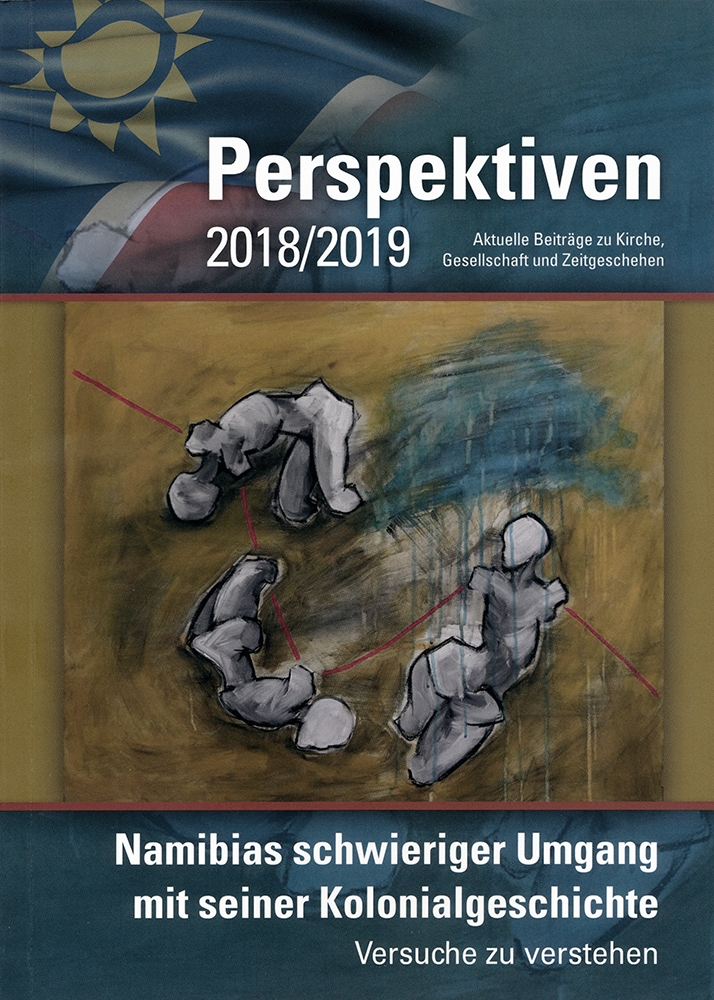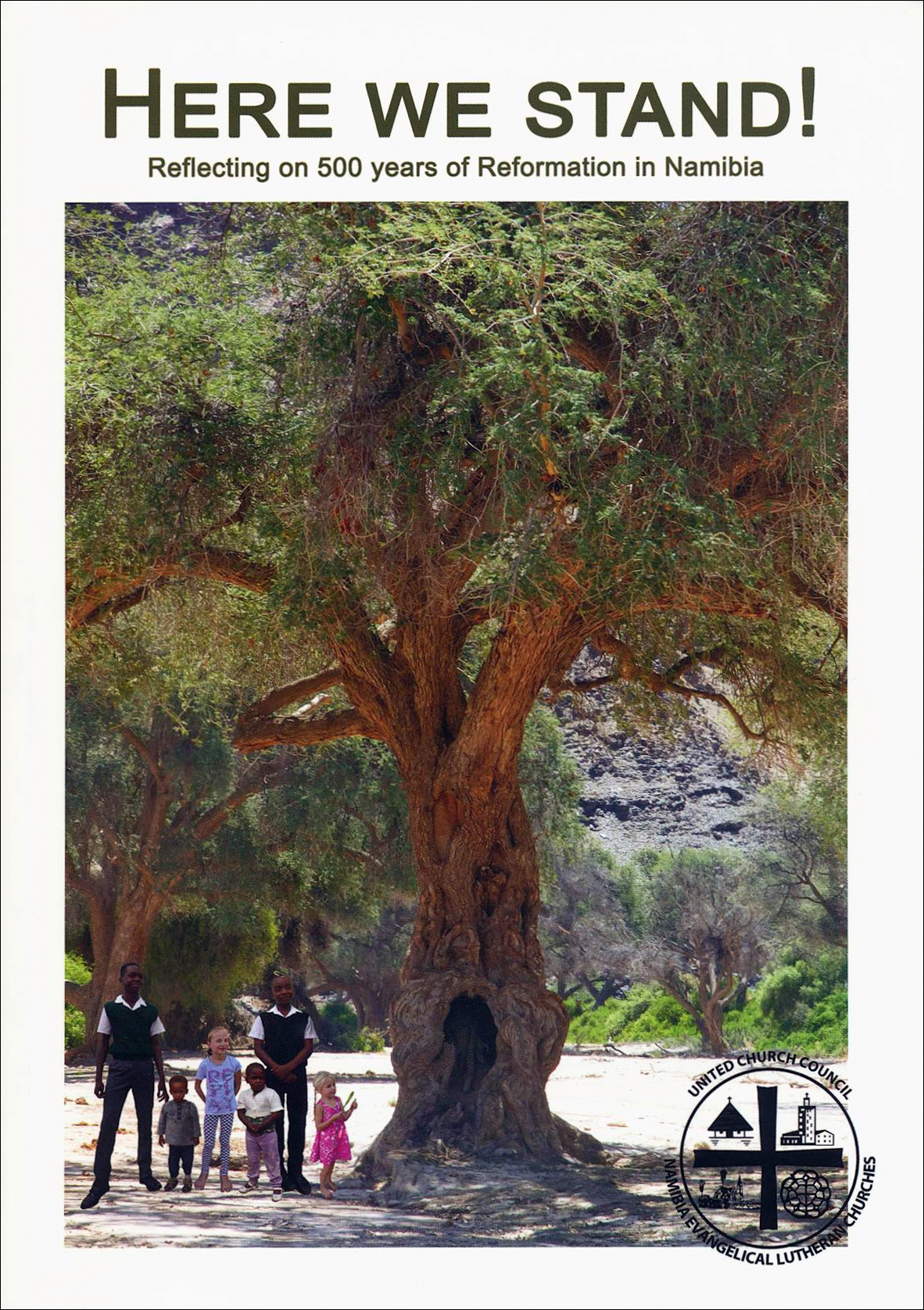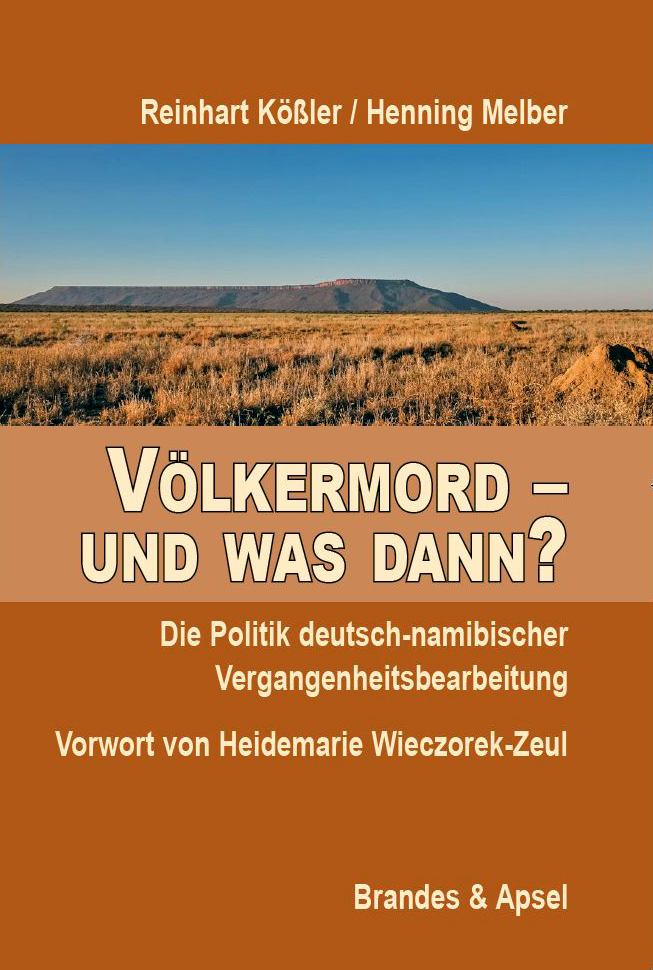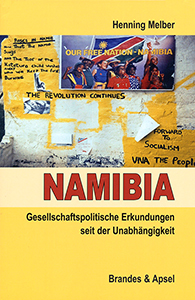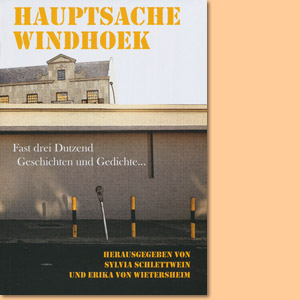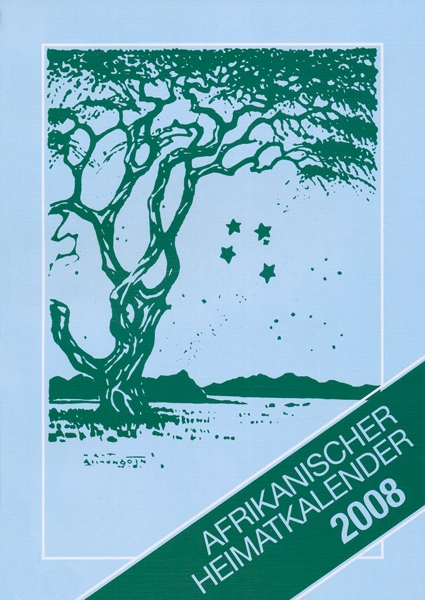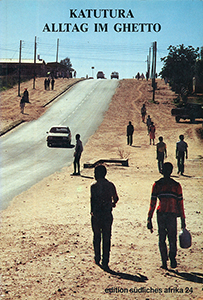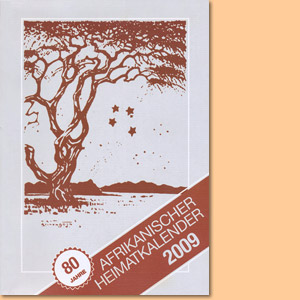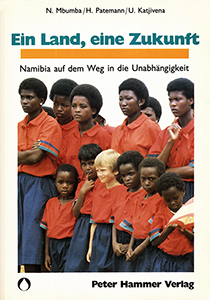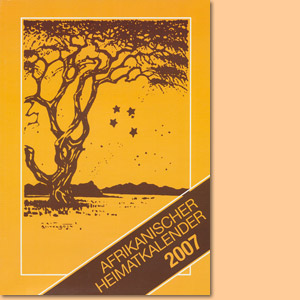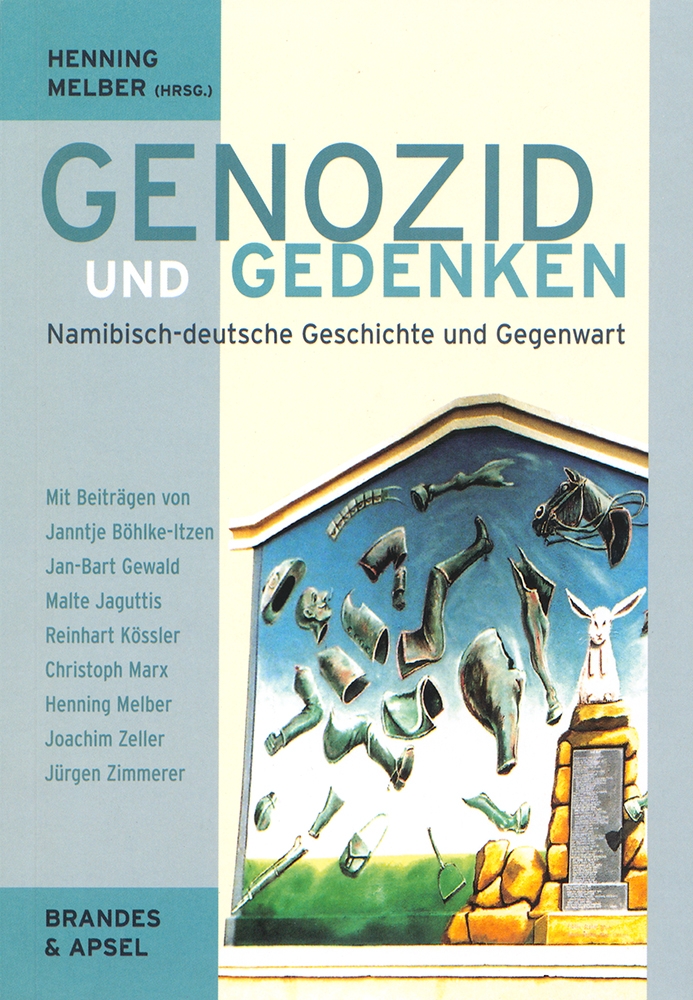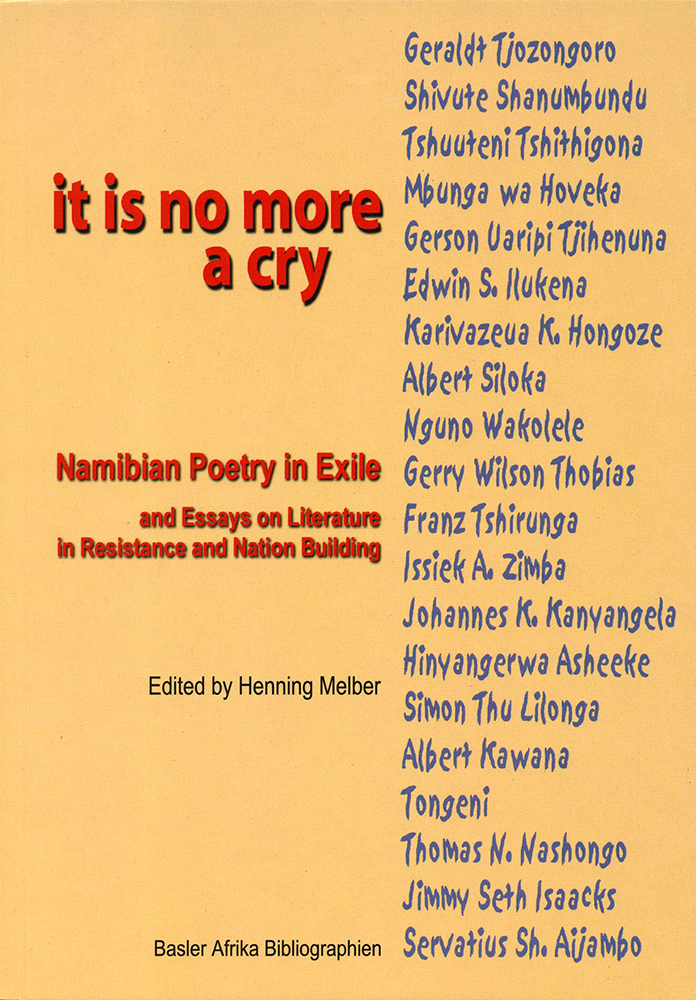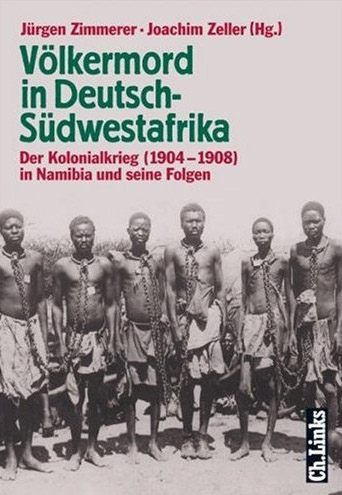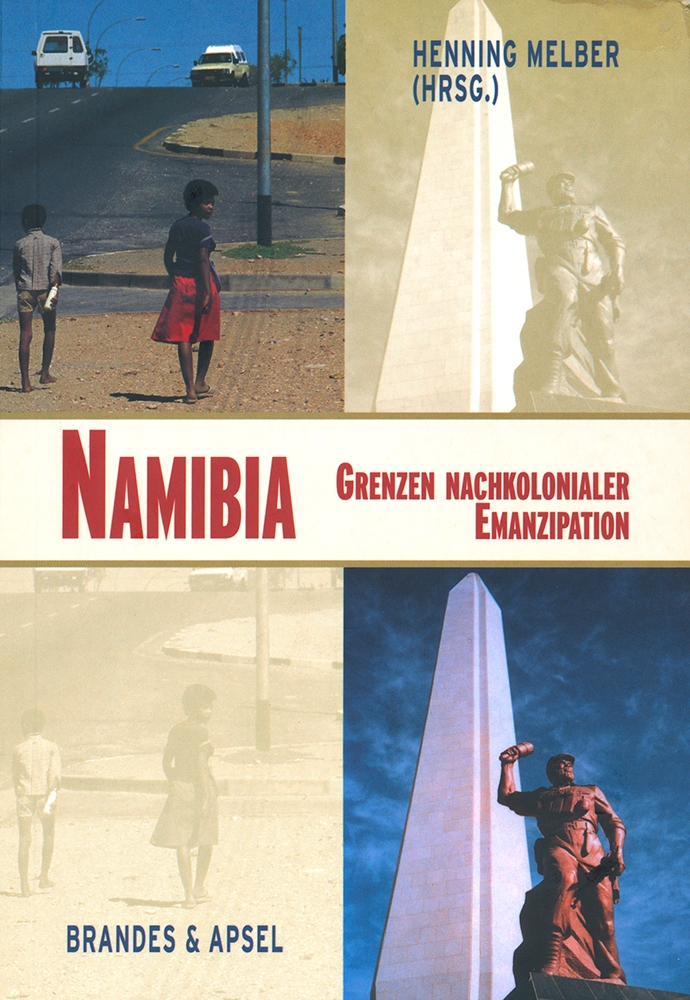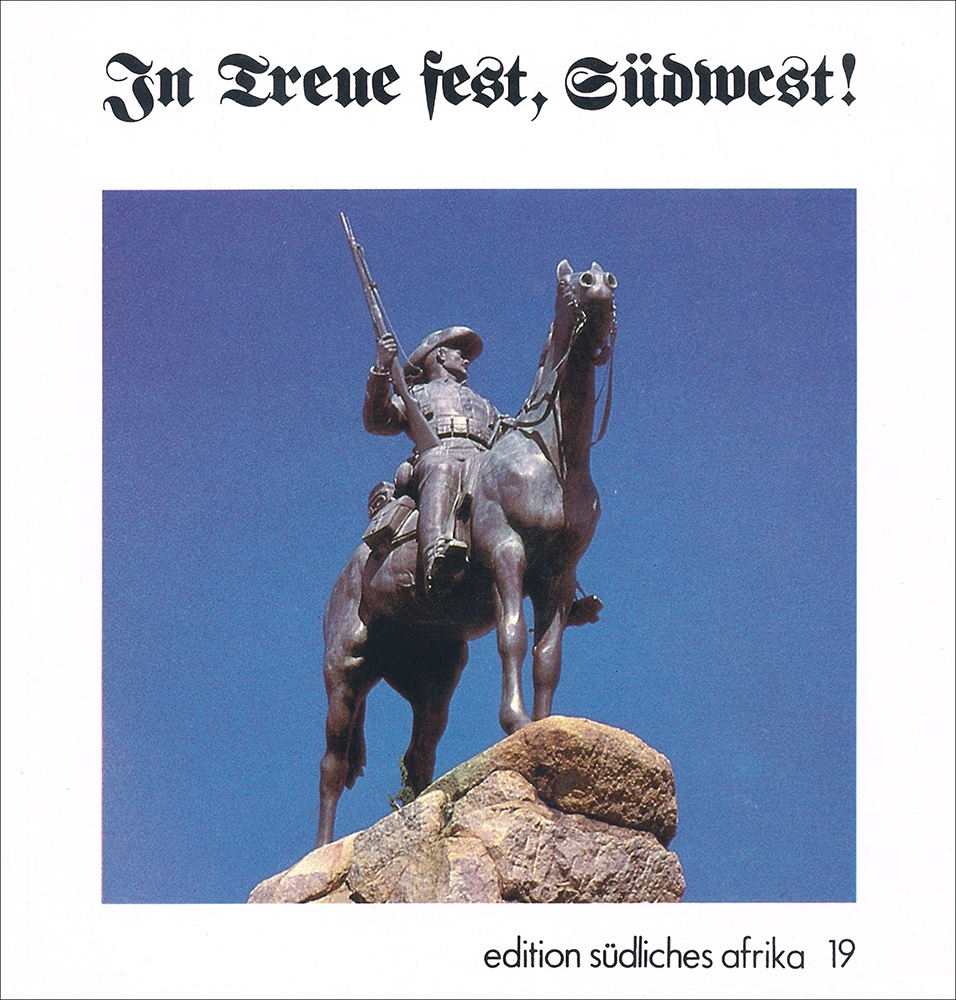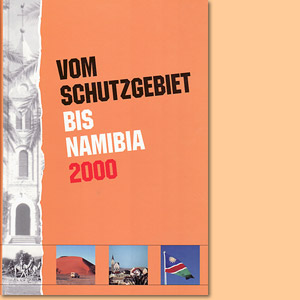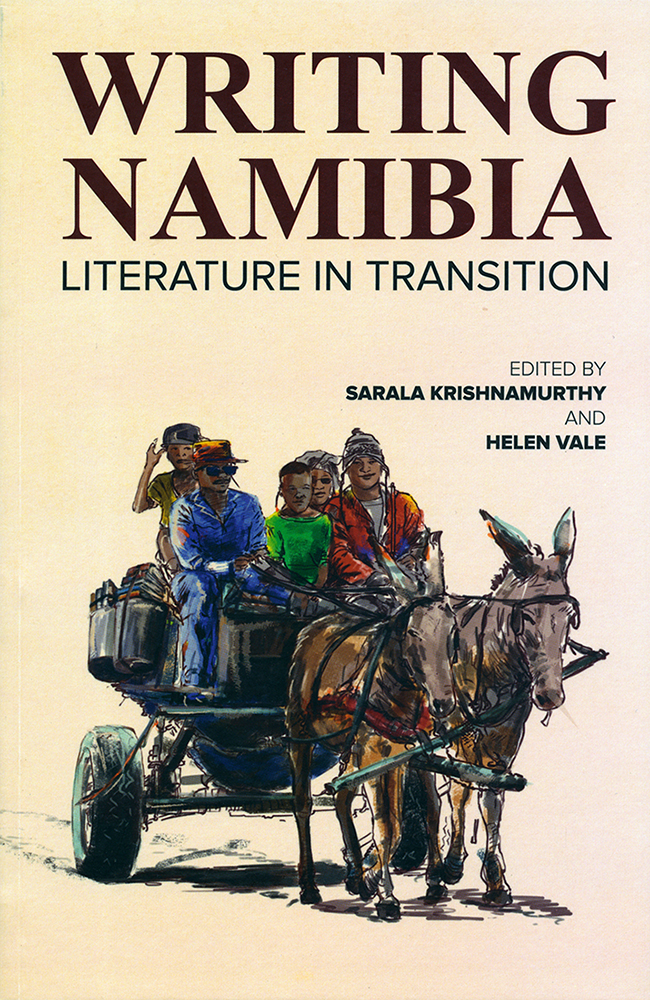Writing Namibia: Literature in Transition, by Sarala Krishnamurthy and Helen Vale
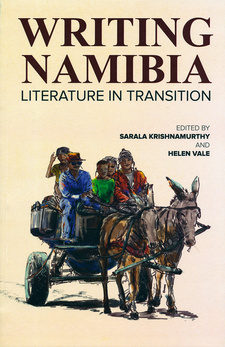
Writing Namibia: Literature in Transition, by Sarala Krishnamurthy and Helen Vale. University of Namibia Press. Windhoek, Namibia 2018. ISBN 9789991642338
Writing Namibia: Literature in Transition, by Sarala Krishnamurthy and Helen Vale is a cornucopia of extraordinary and fascinating material on contemporary Namibian literature.
Andre du Pisani: Writing Namibia: Literature in Transition, an anthology on Namibian writing in the post-colony represents a substantial contribution to the literary archive and culture. For the first time, this edited volume engages with literature in English, Afrikaans, German and the indigenous African languages. By engaging with all genres, novels, short stories, the performing arts, film, autobiography, prose and children's literature, the volume breaks new ground. This multiplicity, however, poses a difficult hurdle because it carries with it a sense of ambivalence and complexity. The problem with embracing differences lies in its . concomitant sense of unease. While the act of writing is indicative of the writer's or performer's perspectives on how they see their world and how they exist within it, humanity began before words, and will end beyond them. The recognition of place and language, too, can function as a self-reflective space, affirming the self, rather than as a revelation of the self and the other, and lead to a richer, more insightful exploration of literary culture. Anthologies such as this should attempt to overcome this innate tension. This challenge is compounded by the fact that perceptions of difference are by no means limited to considerations of geography, since these percolate through filters of identity, gender, language, race, class, sexuality, or religion. The relationship between literature and terrain remains complex, and this volume maps some of these complexities. As Ben Okri, Booker Prize-winning author, laments, our days are poisoned with too many words. Words said and not meant. Words said and meant. Words divorced from feeling. Wounding words. Words that conceal. Words that reduce. Dead words.' To its credit, this volume employs a broad understanding of the construct of writing' - extending it to narratives in film, the archives, oral literature and publishing. Mindful that the majority of the contributors are academics, much of the text has naturally been infused by various theoretical approaches - among these post-colonialism, subaltern studies, socio-linguistics and cognitive stylistics. At least one of the contributors poses the meta-question: Why does one write? While not making any attempt at providing a complete answer to the question - is it possible to do so? - the act of writing can offer a meditative space on life, the human condition, on history and so forth. Writing connects the self and the other', and like art, literature and acting, more generally, has the potential for preserving and presenting richly storied experiences. Structurally, the architecture of the anthology provides the setting and context to writing in the post-colony. This is done against the background of the wounding of the souls of people by colonialism, for the language of colonialism has had an earthly gravity about it and it has indeed been difficult for the victims to escape this. Yet, we have to escape words and enter into a higher realm, which is based on the simple fact of our indivisible humanity and our common future. Informed by this diverse undercarriage, the collection engages reflectively with writing in English with reference to poetry, drama, prose and autobiography. [...]
This is an excerpt from: Writing Namibia: Literature in Transition, by Sarala Krishnamurthy and Helen Vale.
Title: Writing Namibia
Subtitle: Literature in Transition
Editors: Sarala Krishnamurthy, Helen Vale
Authors: Henning Melber, Margie Orford, Kelly Jo Fulkerson-Dikuua, Patrick Colm Hogan, Jason Owens, Alfeus Tjijoro, Petrus Mbenzi, Hugh Ellis, Don Stevenson, Laurinda Olivier-Sampson, Nashilongweshipwe Mushaandja, Hans-Christian Mahnke, Brian Harlech-Jones, Netta Romberg, Juliet S. Pasi, Nelson Mlambo, Andree-Jeanne Tötemeyer, Helize van Vuuren, Kerry Jones, Megan Biesele, Sylvia Schlettwein, Jane Katjavivi, Kelly Jo Fulkerson-Dikuua
Publisher: University of Namibia Press
Windhoek, Namibia 2018
ISBN 9789991642338
Softcover, 16 x 24 cm, 392 pages, several b/w illustrations
Krishnamurthy, Sarala und Vale, Helen und Melber, Henning im Namibiana-Buchangebot
Koloniale Vergangenheit – Postkoloniale Zukunft? Die deutsch-namibischen Beziehungen neu denken
Koloniale Vergangenheit – Postkoloniale Zukunft? Die deutsch-namibischen Beziehungen neu denken. Beiträge zur Komplexität von Erinnerungskultur, Verantwortungsübernahme und gesellschaftlichen Ungleichheiten.
Namibische Gedenk- und Erinnerungsorte
Namibische Gedenk- und Erinnerungsorte: ein 'postkolonialer' Reisebegleiter in die deutsche Kolonialgeschichte.
Perspektiven 2018/2019: Namibias schwieriger Umgang mit seiner Kolonialgeschichte
Als Nachfolger des Afrikanischen Heimatkalenders bringt Perspektiven 2018-2019 als Doppeljahrgang aktuelle Beiträge zu Kirche, Gesellschaft und Zeitgeschehen in Namibia: Namibias schwieriger Umgang mit seiner Geschichte.
Here we stand. Reflecting on 500 years of Reformation in Namibia
Here we stand: Reflecting on 500 years of Reformation in Namibia includes articles by Namibian bishops, theologians, pastors, academics and lay members of the Lutheran community.
Völkermord – und was dann? Die Politik deutsch-namibischer Vergangenheitsbewältigung
Ein kritischer Beitrag zum aktuellen Namibia-Thema: Völkermord – und was dann? Die Politik deutsch-namibischer Vergangenheitsbewältigung.
Namibia: Gesellschaftspolitische Erkundungen seit der Unabhängigkeit
Kritische Analyse der Politik der SWAPO in Namibia als einer Befreiungsbewegung an der Macht und gesellschaftspolitische Erkundungen seit der Unabhängigkeit Namibias.
Hauptsache Windhoek
Die Sammlung Hauptsache Windhoek enthält drei Dutzend Geschichten und Gedichte über die Hauptstadt Namibias.
Afrikanischer Heimatkalender 2008
Afrikanischer Heimatkalender 2008: Seit 1930 Botschafter christlicher Werte in Namibia, mit vielen interessanten landeskundlichen, geschichtlichen, politischen und kulturellen Beiträgen.
Perspektiven 2013 / Afrikanischer Heimatkalender 2013
Dieser Jahrgang der Perspektiven 2013, dem ehemaligen Afrikanischen Heimatkalender, behandelt gesellschaftliche und politische Themen Namibias.
Katutura. Alltag im Ghetto
Versuch einer Alltagsbeschreibung der damaligen Neubausiedlung für schwarze Namibier, Katutura, für die in den 1980ern der Begriff 'Ghetto' gebraucht wird.
Afrikanischer Heimatkalender 2009
Afrikanischer Heimatkalender 2009: Seit 1930 Botschafter christlicher Werte, mit vielen interessanten landeskundlichen, geschichtlichen, politischen und kulturellen Beiträgen um Namibia.
Ein Land, eine Zukunft. Namibia auf dem Weg in die Unabhängigkeit
'Ein Land, eine Zukunft. Namibia auf dem Weg in die Unabhängigkeit' will mit zahlreichen Beiträgen über Ideologie und Praxis des Kolonialsystems in Namibia sowie über politische und gesellschaftliche Utopien und Alternativen informieren.
Afrikanischer Heimatkalender 2007
Afrikanischer Heimatkalender 2007: Seit 1930 Botschafter christlicher Werte in Namibia, mit vielen interessanten landeskundlichen, geschichtlichen, politischen und kulturellen Beiträgen.
Genozid und Gedenken. Namibisch-deutsche Geschichte und Gegenwart
Genozid und Gedenken: Namibisch-deutsche Geschichte und Gegenwart ist ein Beitrag zur aktuellen Standortsuche und -bestimmung der deutsch-namibischen Beziehungen im Schatten der Kolonialgeschichte.
It is no more a cry. Namibian Poetry Exile Essays Literature Resistance Nation Building
It is no more a cry introduces to Namibian Poetry in Exile and Henning Melber's Essays on Literature in Namibian Resistance and Nation Building.
Völkermord in Deutsch-Südwestafrika
Die Beitragssammlung Völkermord in Deutsch-Südwestafrika stellt die Ansichten verschiedener Autoren zum Herero- und Namaaufstand in dar.
Namibia. Grenzen nachkolonialer Emanzipation
Kritische Betrachtung der Grenzen der politischen und gesellschaftlichen Entwicklung sowie der nachkolonialen Emanzipation in Namibia 1900-2003.
In Treue fest, Südwest!
In Treue fest, Südwest! Von der Eroberung Namibias über die deutsche Fremdherrschaft bis zur Kolonialapologie der Gegenwart.
Vom Schutzgebiet bis Namibia 2000
Mit 62 Beiträgen zur älteren und jüngsten Geschichte bis 2000 des ehemaligen Schutzgebiets und des heutigen Namibia.

